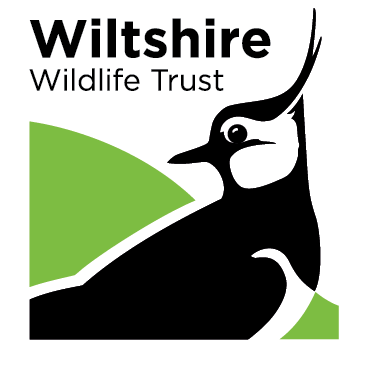Blog written by Sara Booth-Card, Campaigner for The Wildlife Trusts.
I love exploring wild spaces with my dog, particularly in spring as the days get lighter and warmer. However, as a nature lover and a sheep owner I am aware of the devastation just one dog can have on ground-nesting birds, a pond, a herd of sheep, or the excess nutrients from dog waste that enter the soil. My dog is well behaved, gentle and has brilliant recall, but she is still a dog. Even though I trust her, I always have her on a lead in nature reserves where dogs are allowed, but also more generally in spaces where there might be wildlife. One in three households in the UK now have a dog so the risk of wildlife disturbance and possible damage is at an all-time high.
So it’s timely that The Wildlife Trusts and Dogs Trust are encouraging dog owners to consider the importance of keeping their four-legged friends on leads during visits to nature reserves and the wider countryside.
The organisations want to help protect ground-nesting birds such as skylarks, lapwings, meadow pipits and nightjars, as well as other birds such as robins and dunnocks that nest close to the ground. Unsupervised dogs can unintentionally cause harm, so it is vital that they are kept under control.
Springtime brings with it the arrival of many exciting migratory species, which have travelled thousands of miles to nest at nature reserves throughout the UK. Many of these birds nest on or close to the ground, where they're particularly vulnerable. Disturbance from dogs can lead to them abandoning their nests and losing their eggs or chicks. Some bird species are already struggling and disturbance by dogs can make it even harder for them to survive.
We spoke to nature and dog-lovers from Dogs Trust and Natural England to find out how they enjoy wild spaces with the needs of their four-legged friends. Here’s what they had to say…

